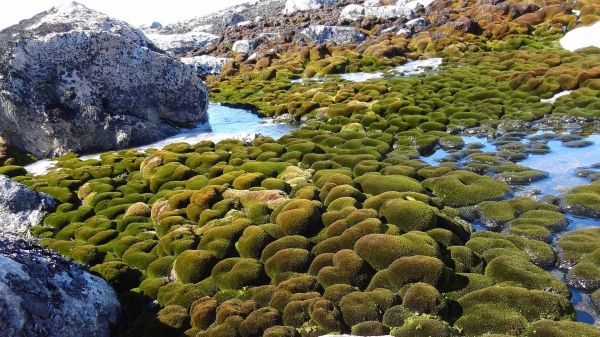This summer, while drought, heatwaves and bushfires ravaged Australia, Antarctica was also experiencing a summer of extreme weather.
In East Antarctica, scientists recorded the first reported heatwave event at Casey research station in the Australian Antarctic Territory, with extreme maximum and minimum temperatures recorded over three consecutive days in January. Record high temperatures were also reported at bases on the Antarctic Peninsula.
In a research paper published today (31 March 2020) in Global Change Biology, scientists from the University of Wollongong (UOW), Australian Antarctic Division (AAD), University of Tasmania and University of Santiago, Chile, report on the heatwave and its impact on Antarctica’s plants, animals and ecosystems.
While the Antarctic Peninsula has experienced rapid warming over the past decades, until now East Antarctica has been mostly spared from warming associated with global climate change.
Continue reading at University of Wollongong
Image via University of Wollongong


